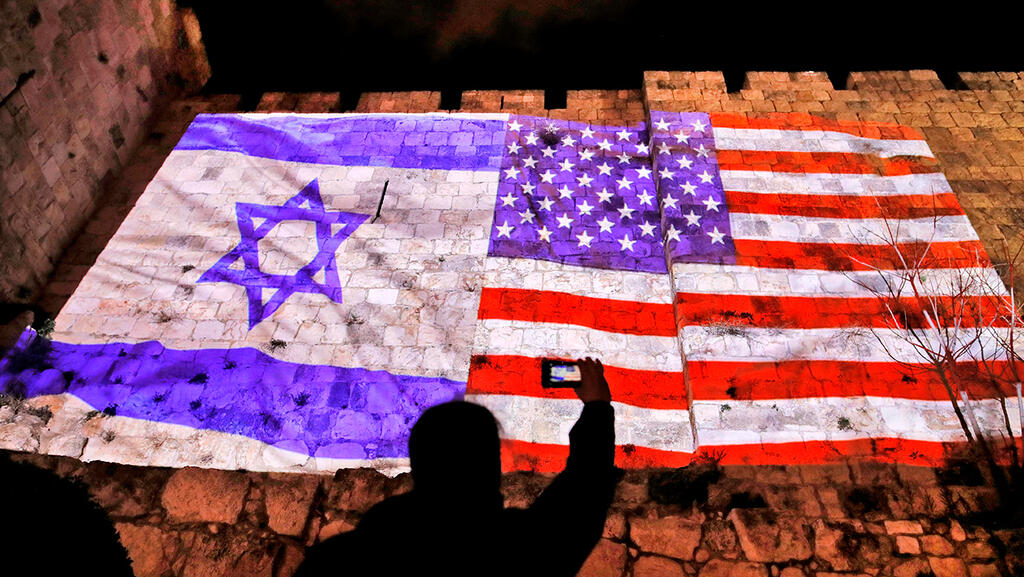Getting your Trinity Audio player ready...
The national, economic, and cultural power of the United States has coined the term "Americanization." Some see it as a positive trend and even wished it upon themselves.
More stories:
After all, despite everything, the land of the free, celebrating its 247th Independence Day on Tuesday, has achieved quite a few things along the way. Nonetheless, there are those who are deterred by the seemingly inevitable phenomenon, fearing the loss of the distinctive national identity in favor of assimilation into American imperialism, ending up as just another Big Mac that Uncle Sam gobbled up.
But the rapid Americanization that Israel is currently undergoing is rather unique. It is not necessarily characterized only by the classic attributes related to consumer culture or a preference for industrial pop over local folklore. Instead, it is intertwined with an unofficial, yet very alarming, polarization of different sectors of the population.
Over the years, the dividing lines have become clearer and more pronounced, starting with disparate political preferences, which turned into almost entirely opposite stances regarding government policies and decisions, which Israelis of course share on social media without thinking twice. The result is a polarized nation, in which different populations have very little in common.
Israel has been heading in this direction for a long time: the immense gaps in worldviews between the religious public in Israel (primarily Jews and Muslims) and the non-religious public have existed long before the establishment of the current government that introduced the most extreme and racist national elements that the Israeli society has spawned. Perhaps this path was inevitable and would have happened even in the absence of Benjamin Netanyahu's all-encompassing shadow, whose extreme attitude about the developments in his criminal trial is a recipe for the spread of one of the uglier sides of Americanization, in Israel.
Moreover, if a country such as the United States, with infinite expanses and a completely different law enforcement system, can reach where it has, what's to protect a much smaller, densely populated, and politically concentrated place? This is why the unique Americanization of Israel is much more troubling.
For now, Israelis need not fear someone randomly entering a mall or school and unleashing a shooting spree with an automatic weapon acquired as easily as a bag of peanuts. But there is also no way to avoid social and geographic friction. Sometimes it is convenient to draw a line between the endless drama of social media and the routine of daily life - and insist that the mundane routine of the shopping experience at our local grocery stores, picking up our children from school, and waiting our turn at the doctor's office, shared by all, could lower the barriers devising us.
But what if even that is no longer the case? What if Israel's Americanization is actually the source of that familiar feeling that it's impossible to step outside unless we are ready for battle? Because in Israel, the distance between Tel Aviv and Jerusalem cannot be compared with the geographic and political differences between California and Texas.
All this is true even before uttering the silent truth that polarization arises also, from the fact that there are many people who feel comfortable ruling over other people, while others consider it an all-around disaster.
I've written here in the past about the dream of some liberal Israelis of separation between religious and non-religious sectors. As time passes, this dream is no less a viable reality, but deep down we may feel it would be our inevitable end. No one can say how long the United States can withstand its polarization but Israel will surely break-apart soon.



